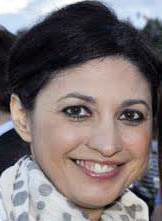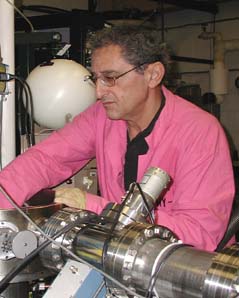
Would you consider a donation to support Weekend Reads, and our daily work?
The week at Retraction Watch featured:
- Journal pulls papers by embattled scientist at national research center in France
- One small error for a physicist, one giant blunder for planetary science
- Exclusive: Committee recommended pulling several papers by former Cornell med school dean
- Norway demotes Hindawi journal after claims one published a stolen paper
- “Bust Size and Hitchhiking” author earns five expressions of concern
- Exclusive: Australia space scientist made up data, probe finds
Our list of retracted or withdrawn COVID-19 papers is up to more than 300. There are more than 39,000 retractions in our database — which powers retraction alerts in EndNote, LibKey, Papers, and Zotero. And have you seen our leaderboard of authors with the most retractions lately — or our list of top 10 most highly cited retracted papers?
Here’s what was happening elsewhere (some of these items may be paywalled, metered access, or require free registration to read):
Continue reading Weekend reads: Scientist suspended for 13 years; a fraud buster; editor home bias?






